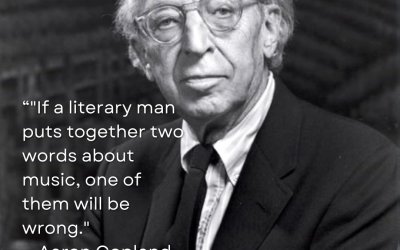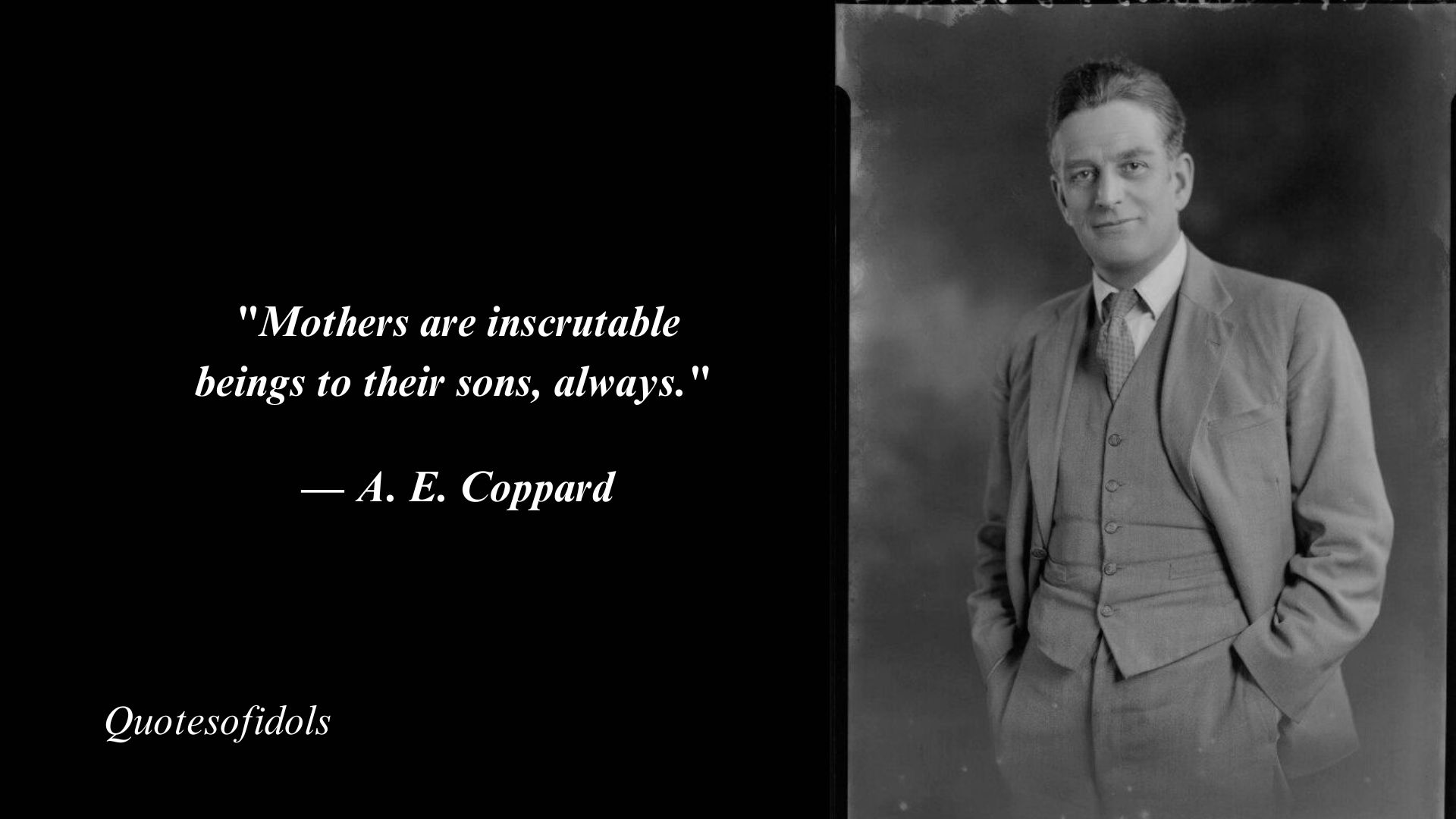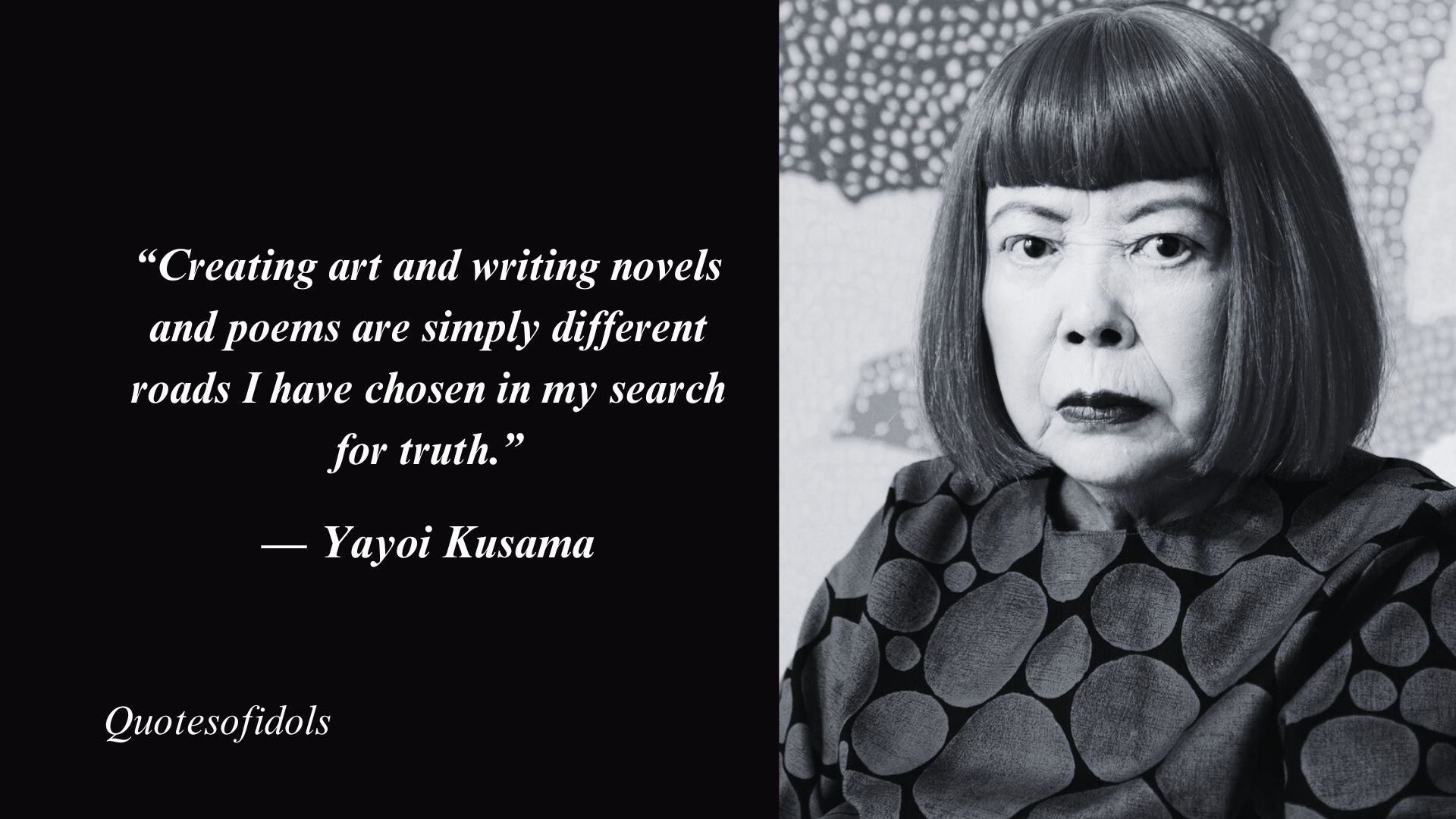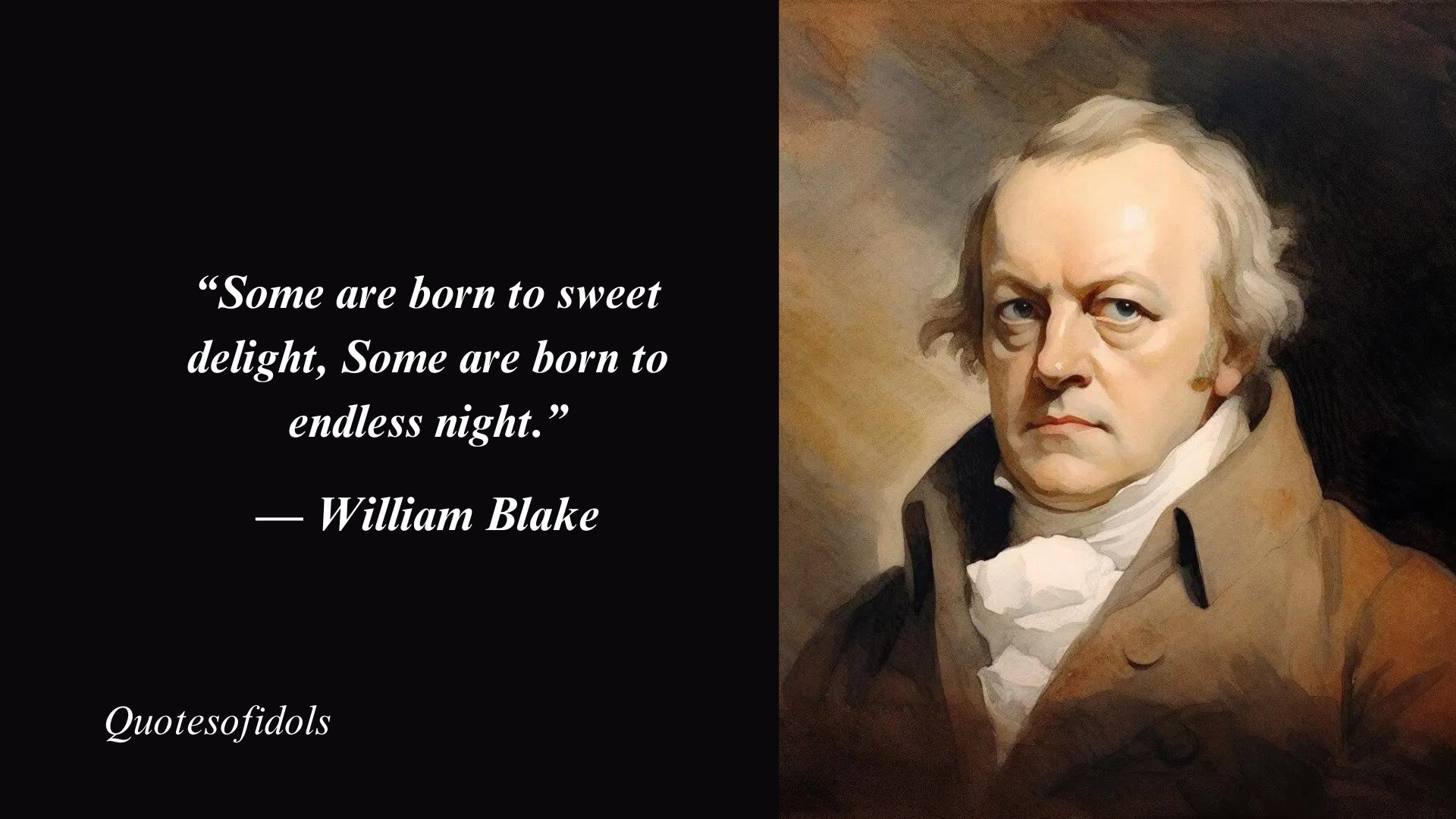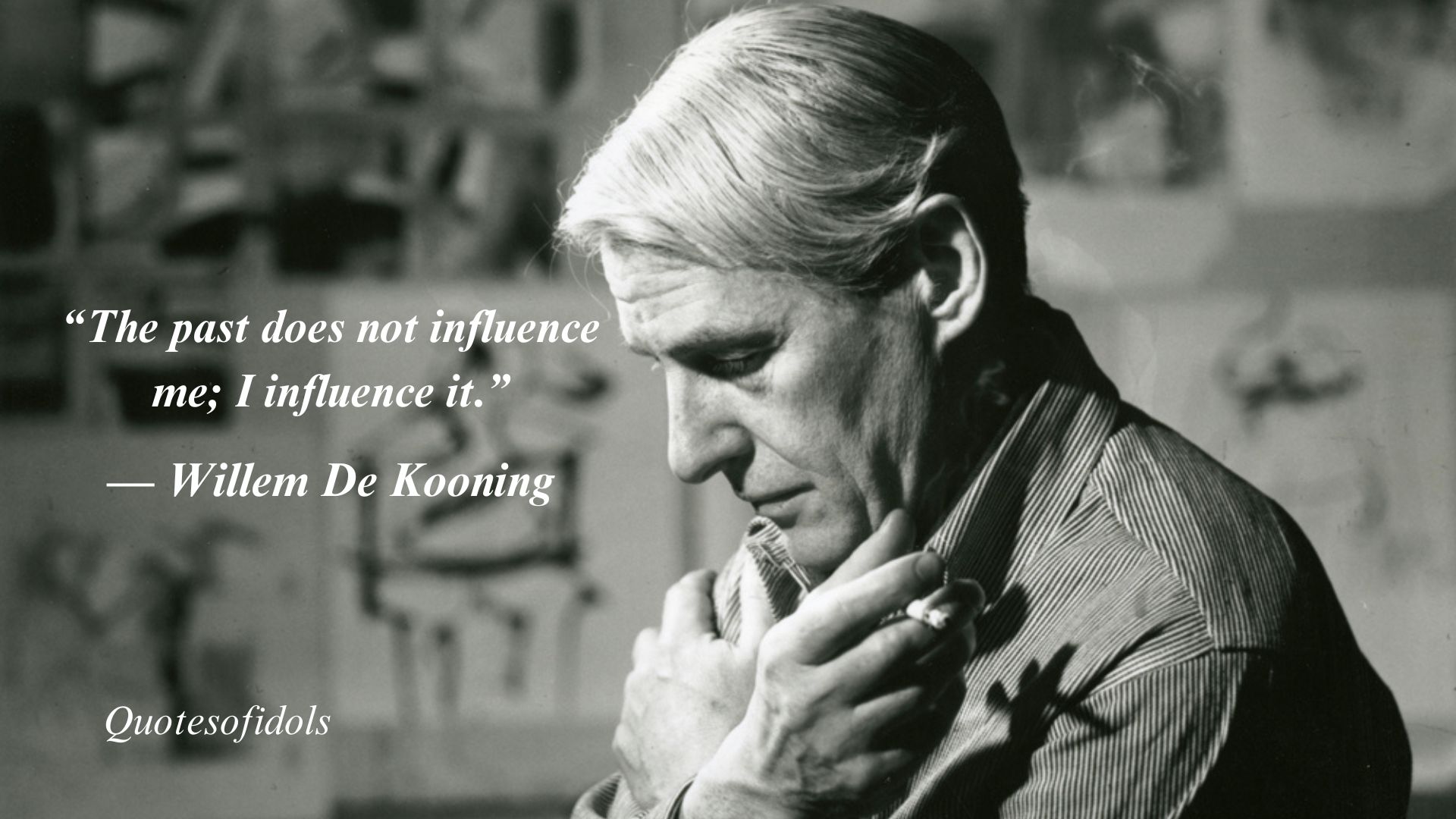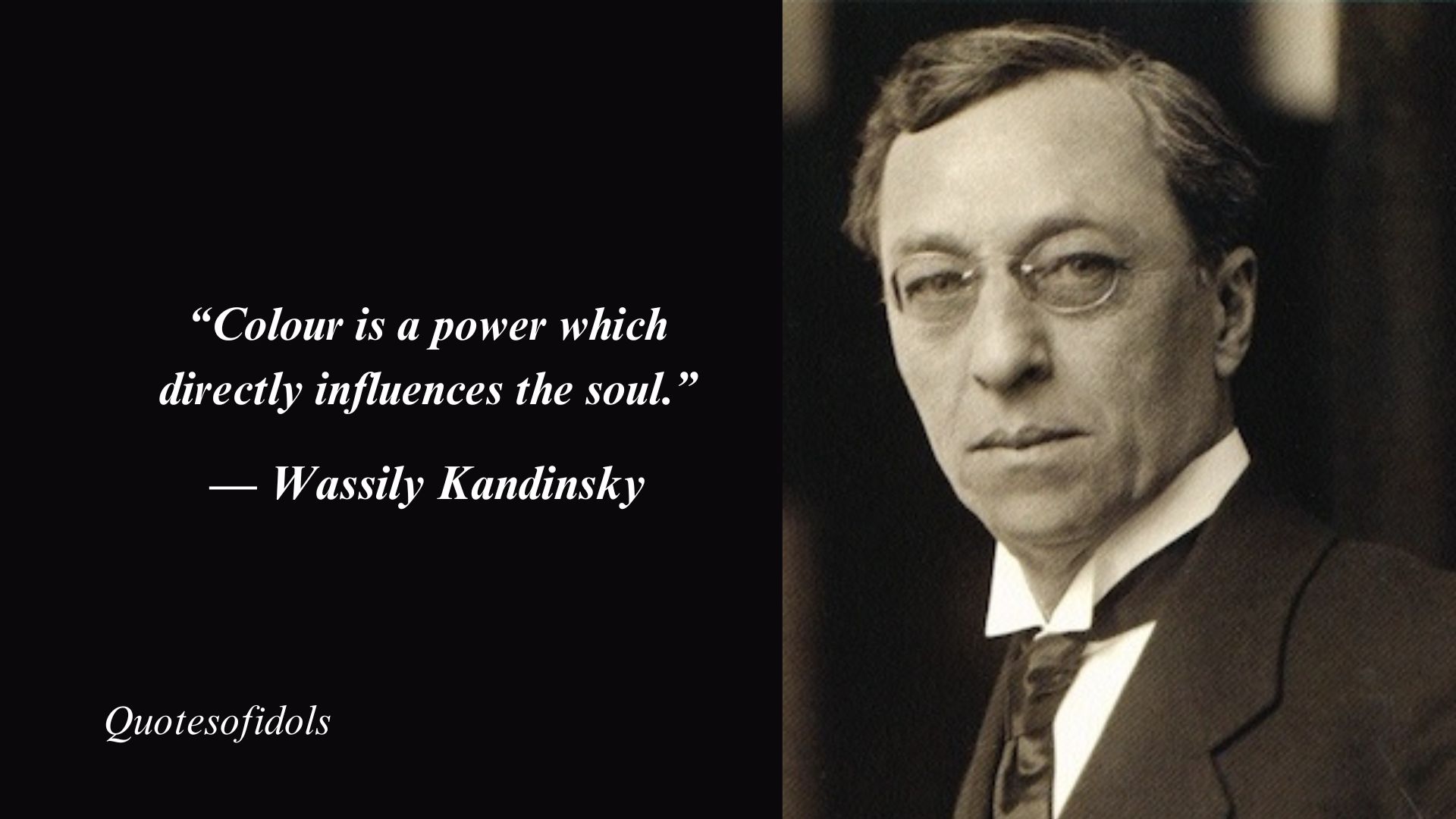Top 3 Most Famous Quotes By Élisabeth Louise Vigée Le Brun
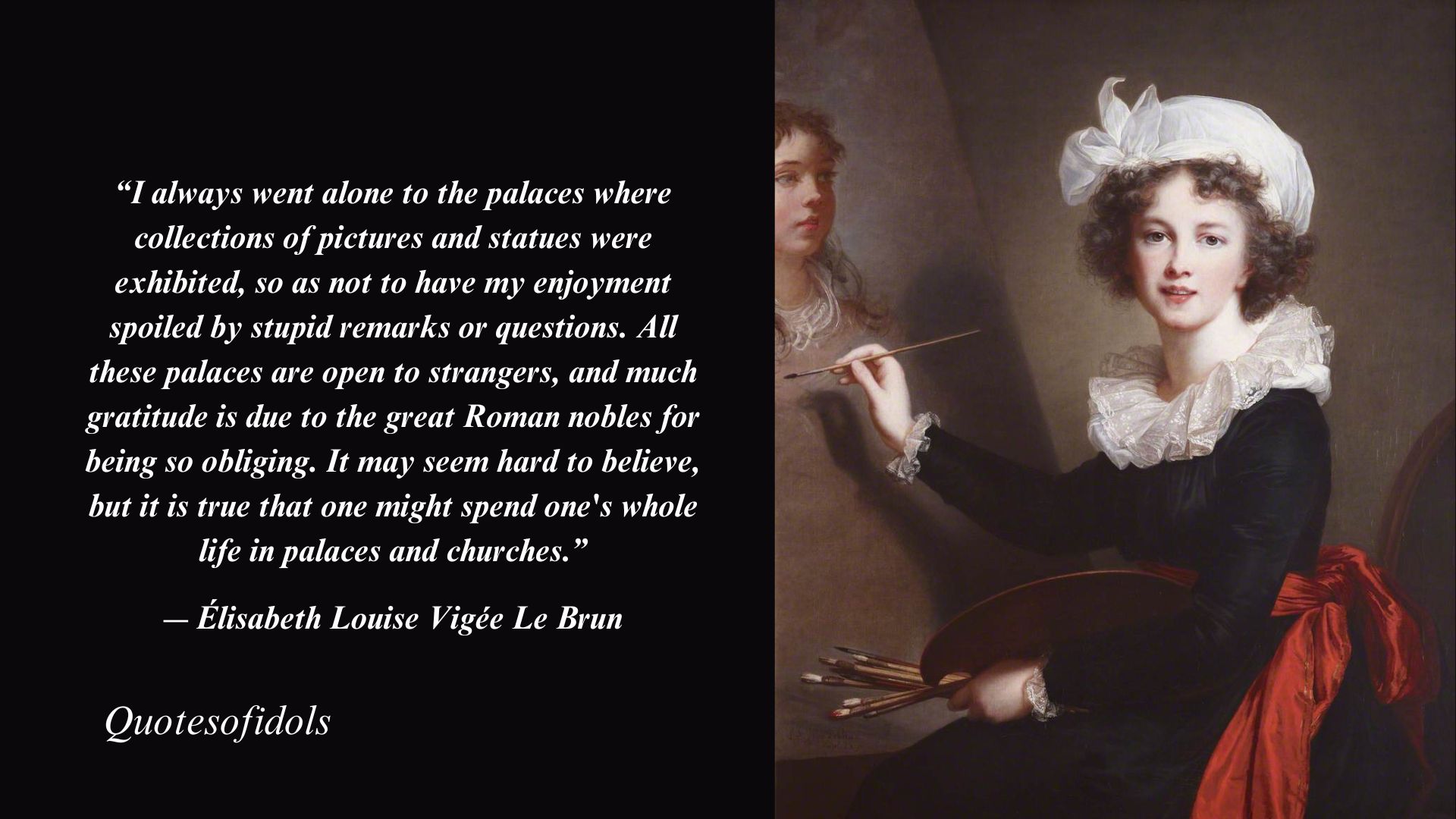
Élisabeth Louise Vigée Le Brun was a prominent French painter of the 18th century, known for her portraits of European royalty and aristocracy. Born on April 16, 1755, in Paris, France, she showed early talent in art and received her initial training from her father, who was also a painter.
Vigée Le Brun gained recognition in the art world for her skillful depiction of her subjects, characterized by soft lighting, delicate brushwork, and attention to detail. Her portraits captured the personalities and elegance of her sitters, earning her numerous commissions from the French nobility and eventually from royal courts across Europe.
One of her most famous works is her portrait of Queen Marie Antoinette, which solidified her reputation as one of the leading portrait painters of her time. She became the official portraitist of the queen and enjoyed a close relationship with Marie Antoinette, painting many portraits of her and her family.
As the French Revolution unfolded, Vigée Le Brun, being closely associated with the royal family, fled France in 1789 to avoid persecution. She traveled across Europe, painting portraits for various royal courts, including those of Austria, Russia, and Italy. Her style influenced many artists of her time and contributed to the development of Neoclassical portraiture.
After the fall of Napoleon Bonaparte, Vigée Le Brun returned to France in 1805 and continued to paint until her retirement in 1842. She passed away on March 30, 1842, leaving behind a rich legacy of portraits that not only documented the faces of the aristocracy but also captured the spirit of an era. Today, her works are celebrated for their technical mastery and their insights into the personalities of her subjects.
Élisabeth Louise Vigée Le Brun Quotes
01. “Arrested and imprisoned, Madame du Barry was judged and condemned to death by the revolutionary tribunal at the end of 1793. She was the only woman, amongst the numbers of women who perished in those days, who was unable to face the scaffold; she wept, she implored mercy from the horrible crowd which surrounded her, and that crowd was so affected by her entreaties that the executioner hastened to put an end to her agony. I am convinced that had the victims of that awful time not died so courageously, the Terror would have ceased much sooner.”
― Élisabeth Louise Vigée Le Brun
02. “I always went alone to the palaces where collections of pictures and statues were exhibited, so as not to have my enjoyment spoiled by stupid remarks or questions. All these palaces are open to strangers, and much gratitude is due to the great Roman nobles for being so obliging. It may seem hard to believe, but it is true that one might spend one’s whole life in palaces and churches.”
― Élisabeth Louise Vigée Le Brun

